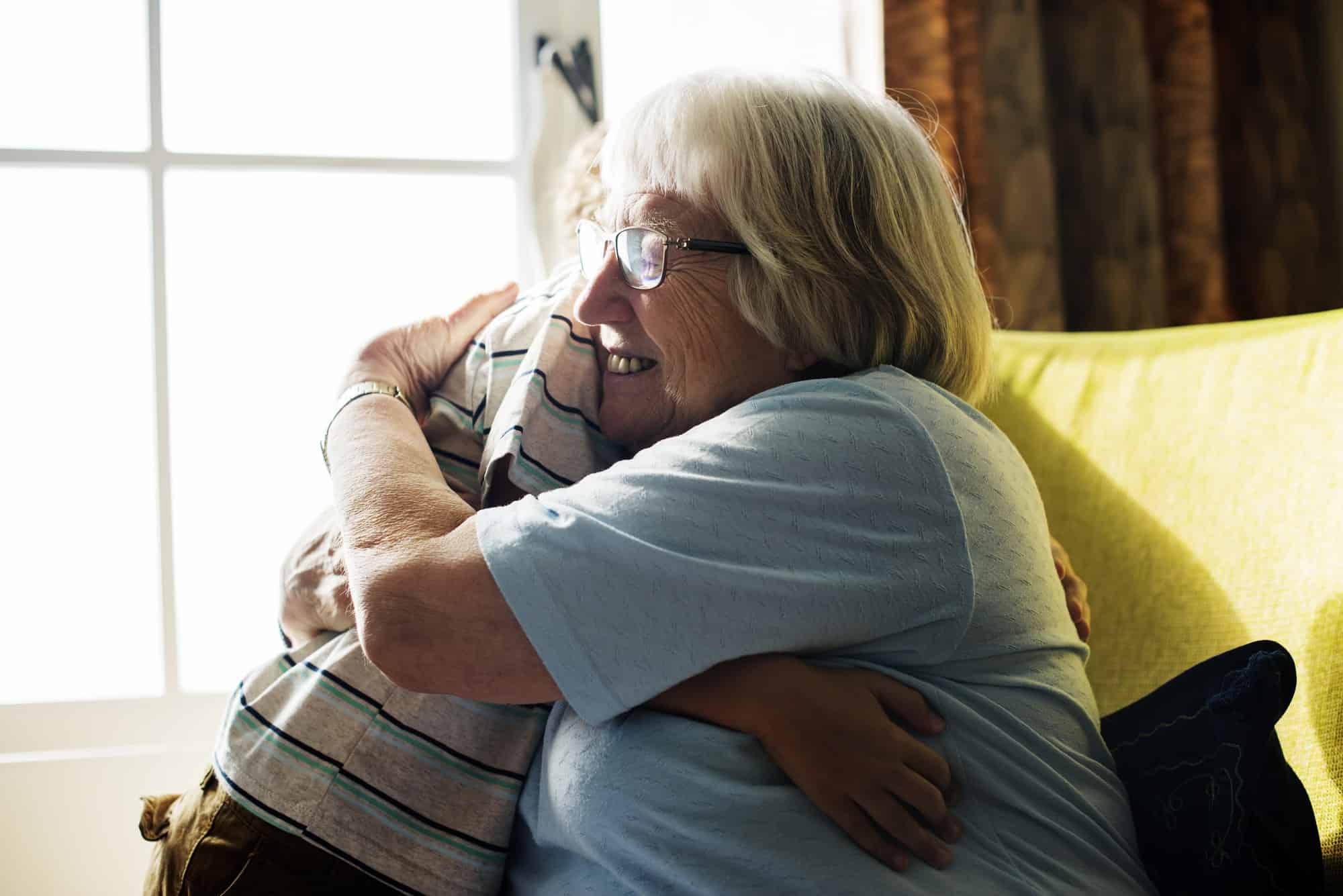Do you have a loved one who is near death? Well, this can be a terrible thing to learn, both for you or your loved one.
Nonetheless, knowing what to expect can make you better prepared for the inevitable.
Professionals hospice providers for people nearing their end-of-life can help make your loved one’s last months, weeks, or days as comfortable as possible.
Even more, hospice care can also support you through the difficult period of bidding your loved one farewell.
But what if you are unsure of when to get hospice providers or how to figure out near-death signs for a loved one?
This article details the possible signs that a person nearing the end of their life will manifest. It also suggests ways you can help your loved one cope with the final stages of their life.
Near-Death In People – How To Recognize It
1) Pain
Pain is probably the most common sign for a near-death person. For instance, a person who is dying of cancer can often experience pain. However, these pains may not always be actual for every terminal illness.
Many medicines can be employed to manage pain effectively. This is good news.
2) Shortness of Breath
Experiencing difficulty breathing or shortness of breath is among the most common symptoms observed when a person is near death.
Some amount of breathlessness is seen as typical in most people at the end of their life.
Fortunately, some simple and effective treatments can bring quick relief. For example, joint deep-breathing exercises, oxygen, relaxation techniques, and medications can help.
3) Anxiety
Anxiety is ideally an everyday experience for a person at the end of their life.
It is also very likely that the person will experience pain or shortness of breath during the dying process. This is one scary and upsetting experience for near-death people.
4) Decreased Appetite And Thirst
As a person’s body naturally shuts down and prepares for death, it no longer needs the calories and nutrition provided by food. Hence meal and drink refusal are common.
Well, although it’s normal for people to refuse food and drink at the end of life, this can be upsetting for their families.
As a solution to this sign, find a way always to make a variety of food available. If need be, feed the patient or this your loved one by yourself.
This will help them wake up from the usual dramatic decline in their desire for food.
5) Nausea Or Vomiting
Medications and treatments from sicknesses can lead to nausea with or without vomiting. This can be distressing for both you and your loved one.
This sickness can curtail this near-death sign by using nausea medications, fresh air intake, small meals, and minor odors.

Other Symptoms Of Being Near Death
Every individual, according to their age variation, has a unique and similar way of dying. While it may be harder to predict the death symptoms of children and teens, both groups have similar symptoms of dying.
The symptom of nearing death for children and teens is asking tough-to-answer questions and staying somewhat active.
Furthermore, when it’s one to three months ahead of death, your loved one may also speak less.
Suppose the person is, however, not a child. In that case, withdrawal from people to quit doing stuff they used to appreciate is commonly noticed.
Also, when it’s one to two weeks before death, your loved one may experience indications of feeling fatigued.
They may also feel exhausted all the time, to the point of not wanting to leave their bed.
In addition, your loved one can also experience confusion or seem to be in bewilderment. In the same vein, they may also have occasional congested breathing from the build-up in the back of their throat.
They lastly can have body temperature fluctuations that may leave their skin cool, warm, moist, or pale.
Being Near Death: Hospice Care Can Offer Comforting Care
The journey to death for every individual differs. For some, they gradually but steadily decline. For others, they fade away instantly.
No matter your thoughts of near-death for people, it is crucial to note that you must be comforting to your loved one as death draws near.
You also must be reassuring and present as much as possible.
Similarly, the use of calming words can assist your loved one with a peaceful and quiet passing away.
Fortunately, the comforting care actions needed to ease the end of life of a loved one can be given professionally by hospice care.
Hospice care is a specialized health assistance arrangement for people with a terminal ailment expected to pass away.
Benefits of hospice include emotional and spiritual support while your loved one receives pain relief and comfort.
Conclusion
If you have a loved one near death, the main challenge is bidding farewell to them. For this reason, it is best to allow family members and close friends to know about the nearing death of a loved one.
Because being together will provide comforting support needed by the loved one.
To quickly get all these done, you can hire a professional health care team like AmeriprimeHospice Care, who will assist you in arrangement for guidance, mental support, emotional support, and spiritual.




